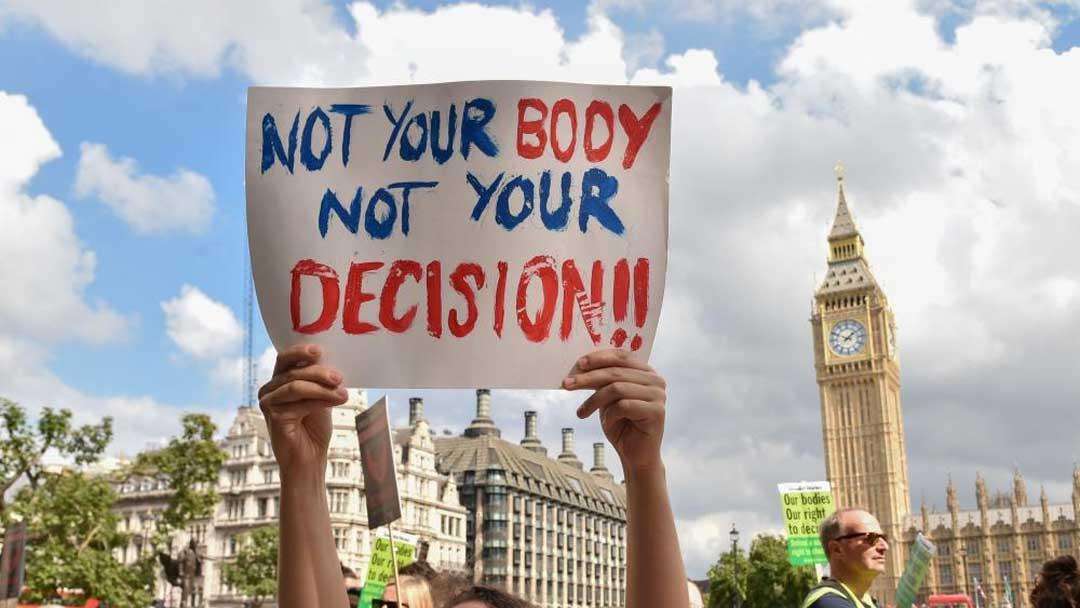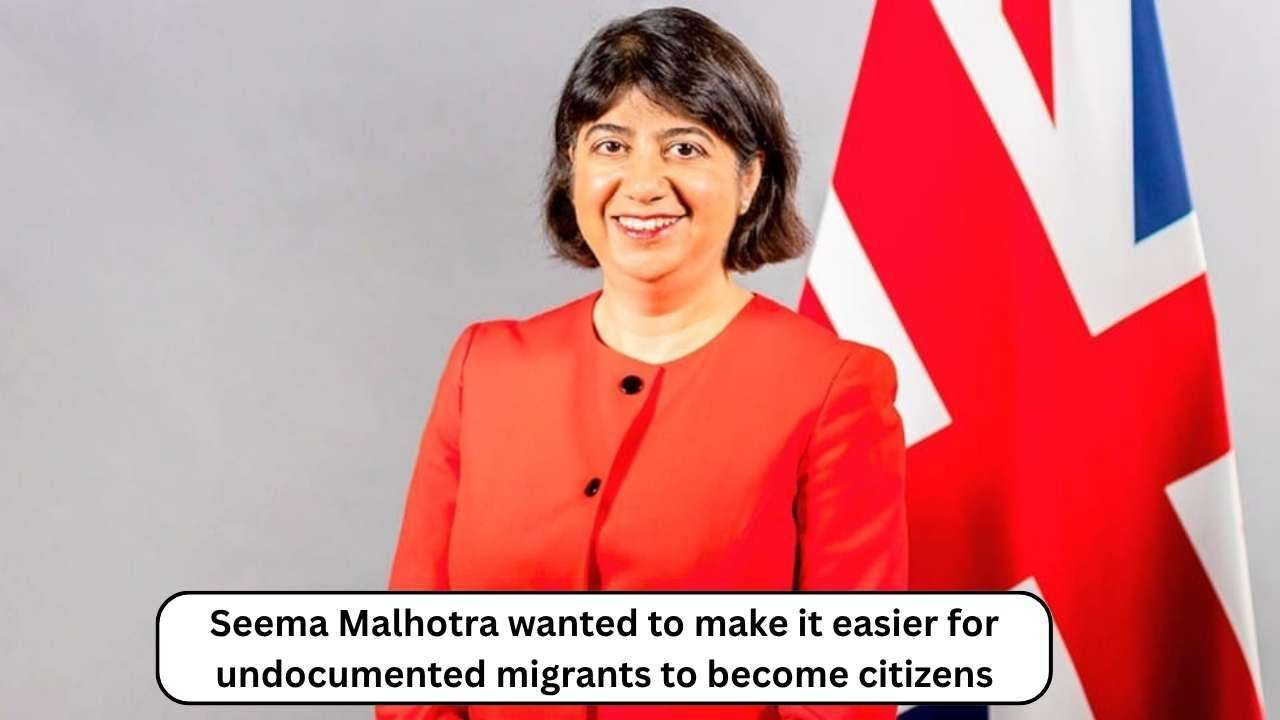An amendment aiming to decriminalise abortion in the UK has been introduced in Parliament, with support from over 50 MPs across multiple parties.
The amendment, spearheaded by Labour MP Tonia Antoniazzi, has attracted backing from a broad coalition, including her Labour colleagues John McDonnell, Nadia Whittome, Jess Asato, and Antonia Bance. It also has the support of Liberal Democrat MPs Christine Jardine, Wera Hobhouse, and Daisy Cooper, as well as Green Party co-leaders Siân Berry and Carla Denyer. Other supporters include Sorcha Eastwood from the Alliance Party, Liz Saville-Roberts and Llinos Medi from Plaid Cymru, Conservative MP Caroline Dineage, and Claire Hanna from the SDLP.
The proposed change seeks to remove criminal penalties for women in relation to their own pregnancies. Specifically, it would ensure that women could no longer be prosecuted under the Offences Against the Person Act 1861, a Victorian-era law still used in abortion-related cases. It would also eliminate the possibility of prosecution under the Infant Life (Preservation) Act 1929, which includes charges such as “child destruction.”
This amendment is part of the government’s crime and policing bill, and is similar to a previous attempt by Labour MP Diana Johnson, now a minister in the Home Office. Her proposal, part of the last government’s criminal justice bill, never reached a vote due to the calling of a general election.
Antoniazzi emphasised that a change in legislation is vital, citing a “sharp increase in police investigations” targeting women and girls after pregnancy loss or abortion. “It is wrong to drag women into the criminal justice system over what should be treated as a healthcare matter,” she said.
She noted that around 100 women have been investigated by police in the past five years. “This isn’t just unjust—it’s a misuse of public funds and judicial resources. The law must be changed.”
Her remarks come shortly after the case of Nicola Packer, a 45-year-old woman who was cleared by a jury at Isleworth Crown Court after nearly five years under legal threat. Antoniazzi, alongside MP Tracy Gilbert, attended part of the trial to show support.
“It’s appalling that Nicola had to endure such a prolonged ordeal,” Antoniazzi said. “Shame on those who pursued it.”
She clarified that the amendment does not alter existing abortion regulations, such as time limits or the requirement for approval by two doctors. Instead, it focuses solely on removing women from the scope of criminal law.
The proposal has received strong backing from key medical organisations, including the British Medical Association, the Royal College of Obstetricians and Gynaecologists, the Royal College of Midwives, the Royal College of Nursing, and the Royal College of General Practitioners.
“This is a straightforward and compassionate change,” Antoniazzi concluded. “We must ensure women are treated with care and dignity—not criminalised for enduring a miscarriage, pregnancy loss, or a personal health crisis. These women deserve support, not prosecution.”
If approved, the amendment could become law as early as this summer.
Islamic Perspective on Abortion
Life is sacred in Islam, and the preservation of life is one of the core objectives of Shariah (Islamic law).
-
The Qur’an does not explicitly mention abortion, but Islamic teachings strongly discourage ending a potential life without valid reason.
Qur’an (17:31):
“Do not kill your children for fear of poverty. We provide for them and for you. Surely killing them is a heinous sin.”
This verse is often cited to condemn abortion for economic or social reasons.
Exceptional Circumstances
Most scholars agree that abortion is permissible when:
- The mother’s life is in danger
- The pregnancy is a result of rape or incest, especially in cases like war (e.g., rulings from scholars after the Bosnian conflict)
- There is a high risk of severe fetal malformation or suffering
Islam seeks a balance between the sanctity of life and compassion. While abortion is not taken lightly, it is not an absolute prohibition. Scholars and jurists recommend consultation with qualified Islamic authorities and medical professionals in each individual case.


_4.jpg)
_2.jpg)




.svg)




_3.jpg)